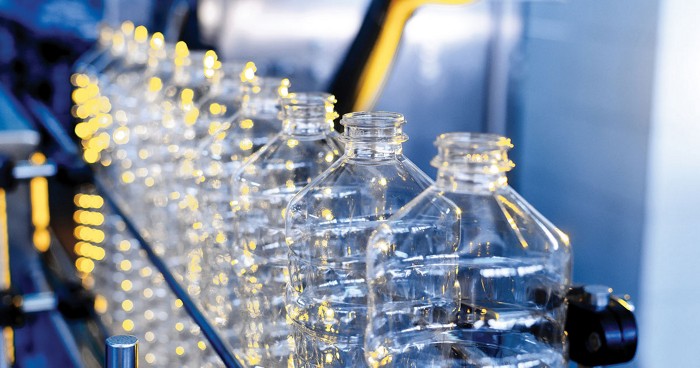Advertisement
Grab your lab coat. Let's get started
Welcome!
Welcome!
Create an account below to get 6 C&EN articles per month, receive newsletters and more - all free.
It seems this is your first time logging in online. Please enter the following information to continue.
As an ACS member you automatically get access to this site. All we need is few more details to create your reading experience.
Not you? Sign in with a different account.
Not you? Sign in with a different account.
ERROR 1
ERROR 1
ERROR 2
ERROR 2
ERROR 2
ERROR 2
ERROR 2
Password and Confirm password must match.
If you have an ACS member number, please enter it here so we can link this account to your membership. (optional)
ERROR 2
ACS values your privacy. By submitting your information, you are gaining access to C&EN and subscribing to our weekly newsletter. We use the information you provide to make your reading experience better, and we will never sell your data to third party members.
Regulation
New York City considers detergent pod ban
Proposed legislation would prohibit the sale of laundry and dish pods and sheets
by Craig Bettenhausen
February 22, 2024
| A version of this story appeared in
Volume 102, Issue 6

New York City is considering a ban on pods and sheets that use polyvinyl alcohol (PVA) to contain laundry and dish detergent, citing concerns about the polymer’s biodegradability.
A bill introduced Feb. 8 by city councilman James Gennaro would prohibit stores from possessing or selling any PVA detergent products starting in 2026, under a threat of up to $1,200 in fines per violation. The council referred the bill to its Environmental Protection, Resiliency, and Waterfronts Committee, which Gennaro chairs.
PVA is made from polyvinyl acetate. The completeness of that conversion dictates the water solubility of the final polymer and affects the ability of microorganisms to break down PVA in sewage systems and waterways.
The PVA types used in detergent pods and films are considered readily biodegradable by environmental regulators in the US and Europe. They are also approved by Nordic Swan, a stringent ecolabel sponsored by Denmark, Finland, Iceland, Norway, and Sweden.
The cleaning product maker Blueland, which sells pressed-powder detergents that compete with PVA pods and sheets, has challenged the polymer’s biodegradability. The firm teased the NYC legislation in a now-deleted social media post the day before its introduction and has promoted it openly in the time since.
More substantively, Blueland funded academic research that questions the analytical methods used to establish PVA as biodegradable and the assumption that it spends enough time exposed to relevant bacteria when passing through municipal wastewater systems. Gennaro referred to that work in media interviews about the bill.
“It’s important for people to know I’m being very cautious and we’re taking a science-based approach,” Gennaro told the New York Post. “But I think the science is ultimately going to bear out this is something council should act upon,” he said, pointing to concerns that partly degraded PVA may mobilize pollutants that would otherwise deposit on the sides of sewer pipes.
In a statement about the bill, the American Cleaning Institute, which represents cleaning product and ingredient manufacturers, says, “Once again we are seeing a disappointing and disingenuous misinformation campaign launched against polyvinyl alcohol use in products like laundry packets and automatic dishwasher tabs. And as in the past, the campaigners—led by Blueland—are relying on shoddy science and intentional distortions.”





Join the conversation
Contact the reporter
Submit a Letter to the Editor for publication
Engage with us on Twitter